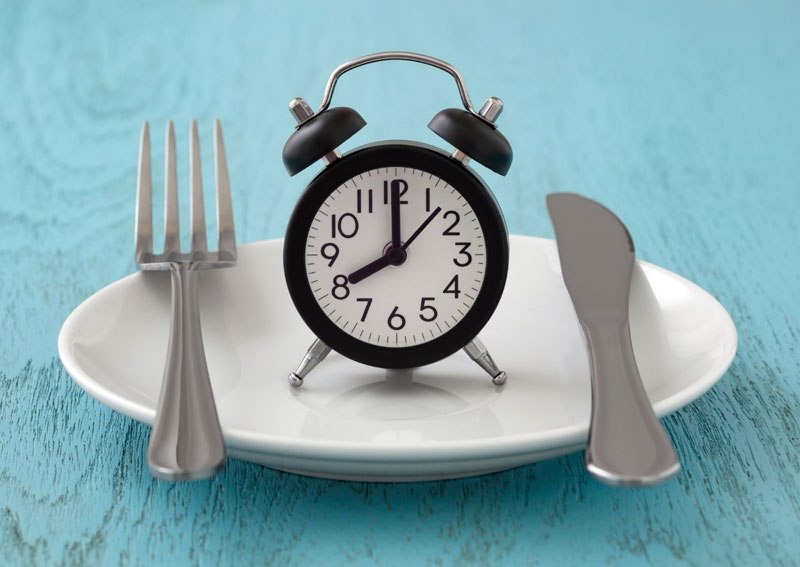Having cravings sucks. I know, because most of my life I felt like a slave to my craving habit. I felt like I couldn’t control cravings, and rather they controlled me. I felt powerless for over a decade and alone in it all. I felt like I was the only one. But food cravings are more common than we imagine. In fact, most adults get cravings for various reasons. And if cravings are ruling our lives or affecting our health then the first step is to acknowledge them with kindness and love and understand there are reasons for them.
Food cravings are a common phenomenon, occurring in 58% to 97% of adults in samples from North America and New Zealand (1, 2)
What I didn’t know back then was that, so many other people also had the same problem. Controlling cravings wasn’t about self-discipline or control. Research also suggests that contrary to popular belief that cravings are due to nutritional deficiencies, there are other reasons and psychological pathways for our cravings.
Cravings are a nuisance and can affect our productivity and quality of life.
I hated having cravings because of the way they made me feel. I would feel powerless and distracted when I gave in to my craving habits. Which was at least once a day if not more. Recent research also shows how mental imagery of our craving foods can be detrimental to our health. Studies have shown that when subjects are imagining something, they have a hard time completing various cognitive tasks. In one experiment, volunteers who were craving chocolate recalled fewer words and took longer to solve math problems than volunteers who were not craving chocolate. These links between food cravings and mental imagery, along with the findings that mental imagery takes up cognitive resources, may help to explain why food cravings can be so disruptive (3):
We’ve all experienced hunger (where eating anything will suffice), but what makes food cravings different from hunger and more detrimental, is how specific they are. We crave our grandmas pasta, or cookies and cream ice cream, a certain type of lollie or need a junk food burger form Maccas or Hungry J. Many of us experience food cravings from time to time, but for certain individuals, these cravings can pose serious health risks. For example, food cravings have been shown to elicit binge-eating episodes, which can lead to obesity and eating disorders such as binge eating disorder. In addition, when we give in to food cravings we can experience triggers/feelings of guilt and shame.
See your cravings as an old habit and coping mechanism.
1. You fast rather than fuel your body.

If we get cravings during the day or feel out of control with food portions, then it can mean our body is starving of macronutrients. Usually when clients feel an urge to eat chocolate at night even after a hearty dinner, it’s because they are starving themselves during the day. They starve themselves of regular uploads of macro, micronutrients and water. When we have a craving problem we tend to give in and then try make up for the excess calories by fasting or intermitted fasting. But you can balance or fuel after a craving episode instead. Start to drink water, or eat some kind of nutrition to fuel the body at a cellular level.
When we don’t eat balanced or go on a diet we can miss out on one macronutrient such as carbs or fats, which studies have shown don’t last for more than two years, although avoiding our treat foods can help us to not be tempted. But the problem when we fat and then see treats is that its hards to say no. But when we fuel regularly we are feeling more stable with sugar and energy levels and may be less tempted to give in to our afternoon or evening cravings.
When we think to fuel, we think balanced meal, containing all macronutrients: quality fat proteins and carbs. To fuel adequately it’s important to prepare for it. At least 4-5 meals/snacks a day that celebrate carbs, proteins and quality fats. The more consistently we feed our body, portioned and complete nutrition meals (meals that contain plate fractions: 1/4 carbs, 1/4 proteins, fats, 1/2 veggies), the more nourished our brain and body feels and the easier controlling portions are over time!
2. You eat your food too quickly and don’t register your bodies satisfaction rating.

In today’s fast paced culture, with the take away industry booming, we tend to skip out on eating at the dinner table (or don’t even have a dinner table). We miss out on mindfully eating our food, talking about flavours and textures or even looking at our food. We are usually too busy putting up our feet watching Netflix or trying to scuff down food so we can do something else.
When we miss out on mindfully eating our meals, we miss out on not only the enjoyment of food but help our taste buds and brain grow to love healthy food again. Sometimes we get fixated on craving foods as our sources of pleasure. But by practicing mindful slower eating in 20minutes we start to register the deliciousness and interesting flavours textures of natural home cooked foods again.
Eating mindfully for 20minutes helps us to break the habit of eating too fast. It can seem tedious at first but with a few sessions, the body and mind learn to appreciate food at a whole new level.
If you would like to enjoy healthy food again or at least give it a try, it would help you to form a new healthy habit of eating healthy food, in a healthy way. Over time your body enjoys craving food so much (using this process of mindfulness) that
3. You believe that you can’t control your emotions and use food to distract you from the your emotions.

As humans whether we realise it or not we have thoughts and feelings that we sometimes want to distract ourselves against. We like to run away from discomfort and go towards pleasure. Discomfort in this instance would be the uncomfortable feelings of boredom, stress, anger, sadness, shame and comfort being food. Getting over a break up can cause sadness and grief, or trying to achieve a deadline at work can elect feelings of: fear, self sabotage, anxiety for example. Everyone is different, and we seem to rely too much on food to help us through the tough times. Food cravings can arise to satisfy emotional needs, such as calming stress and reducing anxiety,” says Drewnowski, a well-known researcher on taste and food preferences.
We feel several emotions a day. Emotions can be varied such as stress, frustration, happiness, anger, shame. That is why it is important to write down your emotions at least once a day in a food diary and talk them through with a professional or with a friend/family member you can trust. Name your emotions and tame your emotions. And learn to name and tame normal emotions without food. If you feel triggered with emotions, a void inside, anxiety, spaced out, lacking mental energy, you may need to address whats going on inside with a counsellor or psychologist. Working on ourselves is a life long journey and we can start by reading self development books, and investing in NLP, trauma therapy, counsellors, psychologist, non judgemental friends, mentors, self care strategies such as mindfulness. Emotions are not suppose to stay in you. Like the word “e-motions” shows, the emotion is always in motion and can move through you without needing food.
Name how you are feeling at the time of craving something If we don’t name our them first or kindly acknowledge them then we go into old habits of critising ourselves and giving into the cravings. Beliefs such as “I am a failure” or “I am not good enough” or “I am just bad for carving and not being able to control myself” are example of critising thoughts we need to acknowledge too. Acknowledging them helps us to take the reins again. It gives us power and empowerment knowing it is common and that we will overcome them in time.
Acknowledge your cravings and any critising thoughts. Register they are not part of you. Change your thought to something like “I am feeling bored or tired and want naughty food, but I am learning to finally overcome them. I am being brave and naming my emotions which is what I have been avoiding all these years”. You are not alone.
4. You don’t get enough sleep. Lack of sleep can cause us to feel more tired, moody and less able to feel full.

When we are tired we are more likely to emotionally eat or eat because we are tired. Mounting epidemiological data implicates sleep loss as a risk factor for obesity in both children and adults worldwide 4. Moreover, sleep deprivation alters appetite-regulating hormones and increases caloric intake
Journal Reference:
- Gendall KA, Joyce PR, Sullivan PF. Impact of definition on prevalence of food cravings in a random sample of young women. Appetite. 1997;28:63–72.
- Weingarten HP, Elston D. Food cravings in a college population. Appetite. 1991;17:167–175.
- 3. E. Kemps, M. Tiggemann. A Cognitive Experimental Approach to Understanding and Reducing Food Cravings. Current Directions in Psychological Science, 2010; 19 (2): 86 DOI: 10.1177/0963721410364494
- Cappuccio FP, et al. Meta-analysis of short sleep duration and obesity in children and adults. Sleep. 2008;31:619–626.
Looking to change the way you eat and change your body and life? Well, it’s never too late to be what you might have been!
Talk to accredited nutritionist, certified PT and personal health coach Alia who’s passion is to help people change their lives for good and lose weight the healthy happy way!
#loseweight #controlportions #howtoeatless #controlportionsize #reasonwhycravings #cravings #personalhealthcoach

